Mathematics for Human Flourishing
Original price was: $49,99.$14,99Current price is: $14,99.
- 100% Satisfaction Guaranteed!
- Immediate Digital Delivery
- Download Risk-Free
✔ Digital file type(s): 1𝐏𝐃𝐅
Winner of the Mathematics Association of America’s 2021 Euler Book Prize, this is an inclusive vision of mathematics—its beauty, its humanity, and its power to build virtues that help us all flourish
“This is perhaps the most important mathematics book of our time. Francis Su shows mathematics is an experience of the mind and, most important, of the heart.”—James Tanton, Global Math Project
“A good book is an entertaining read. A great book holds up a mirror that allows us to more clearly see ourselves and the world we live in. Francis Su’s Mathematics for Human Flourishing is both a good book and a great book.”—MAA Reviews
For mathematician Francis Su, a society without mathematical affection is like a city without concerts, parks, or museums. To miss out on mathematics is to live without experiencing some of humanity’s most beautiful ideas.
In this profound book, written for a wide audience but especially for those disenchanted by their past experiences, an award‑winning mathematician and educator weaves parables, puzzles, and personal reflections to show how mathematics meets basic human desires—such as for play, beauty, freedom, justice, and love—and cultivates virtues essential for human flourishing. These desires and virtues, and the stories told here, reveal how mathematics is intimately tied to being human. Some lessons emerge from those who have struggled, including philosopher Simone Weil, whose own mathematical contributions were overshadowed by her brother’s, and Christopher Jackson, who discovered mathematics as an inmate in a federal prison. Christopher’s letters to the author appear throughout the book and show how this intellectual pursuit can—and must—be open to all.
26 reviews for Mathematics for Human Flourishing
You must be logged in to post a review.


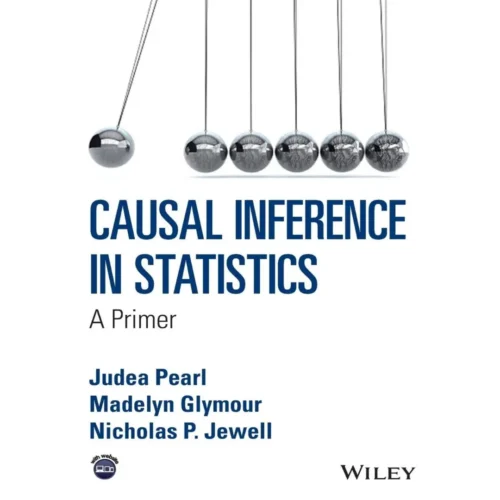
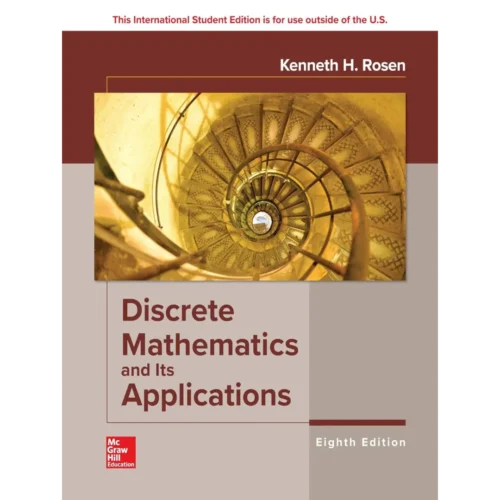
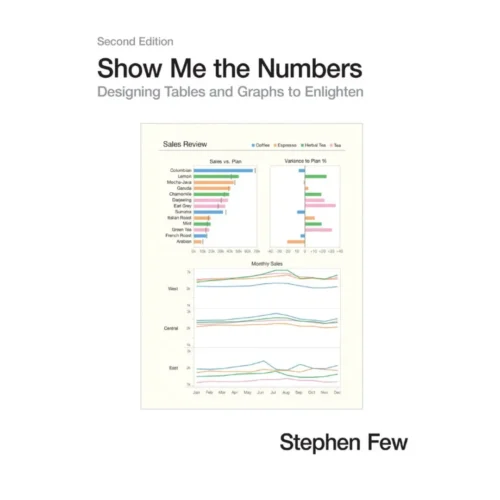

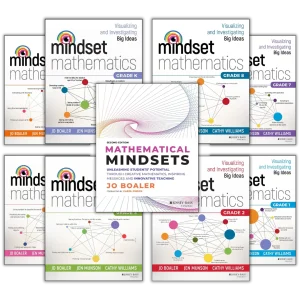
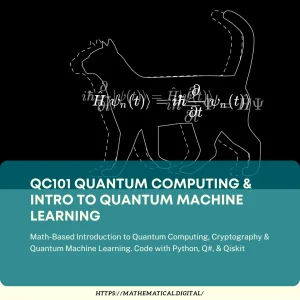
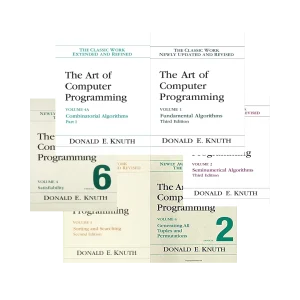
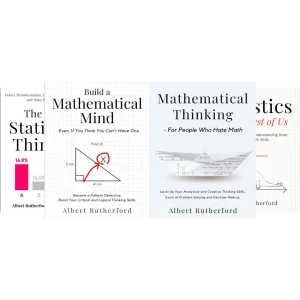
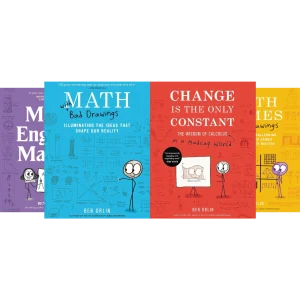
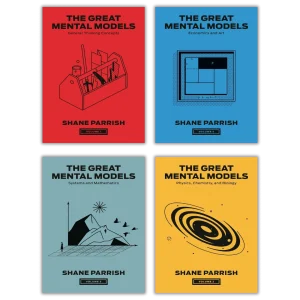
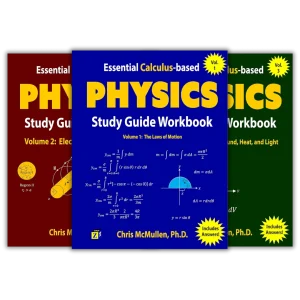

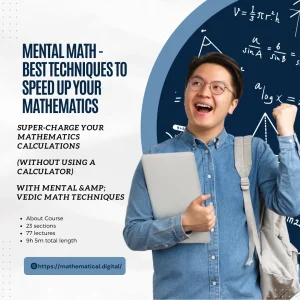
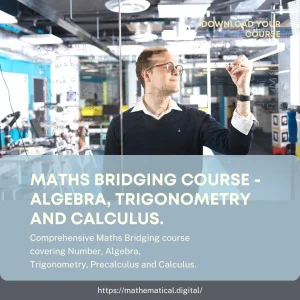
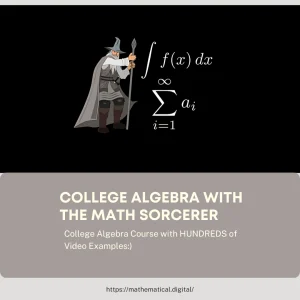
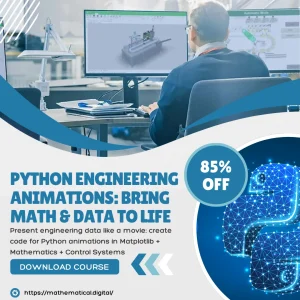
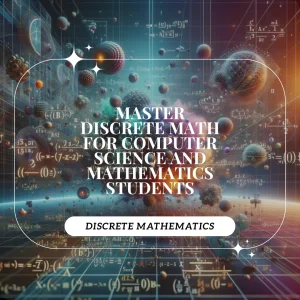
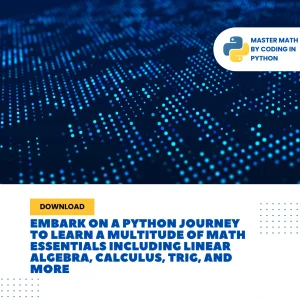
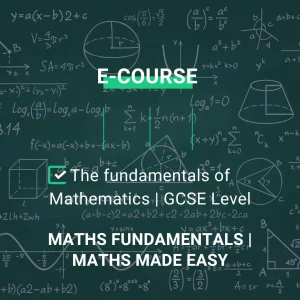
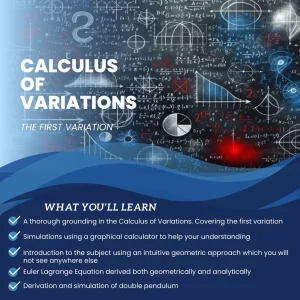
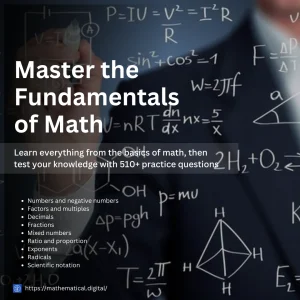
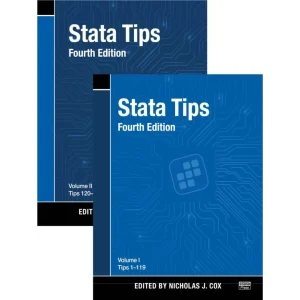
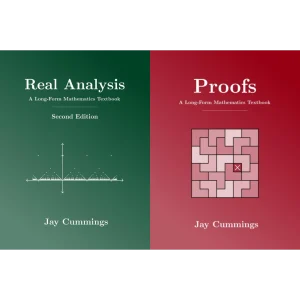
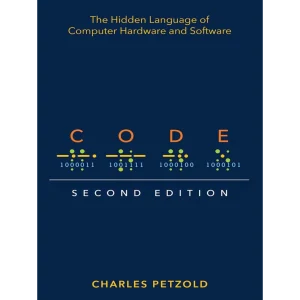
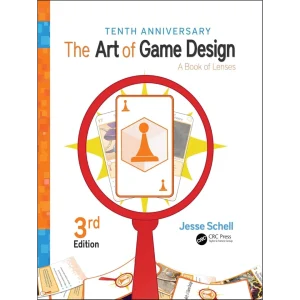
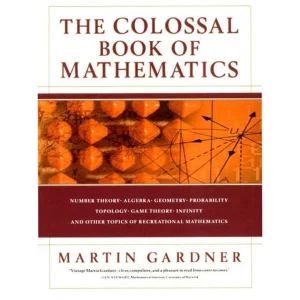
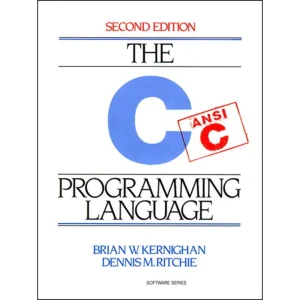
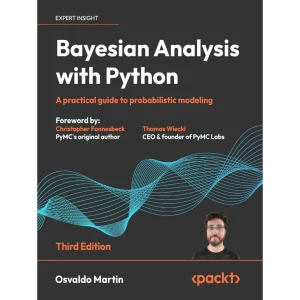
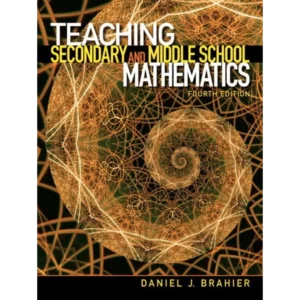
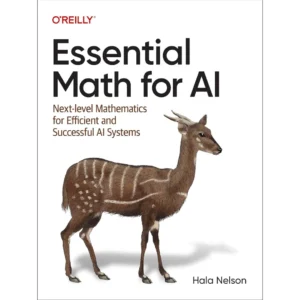
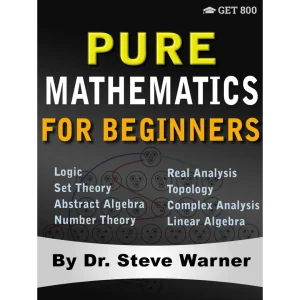
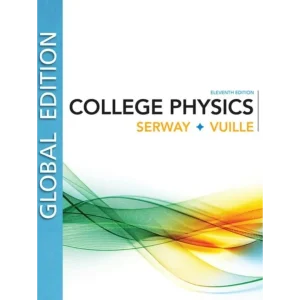
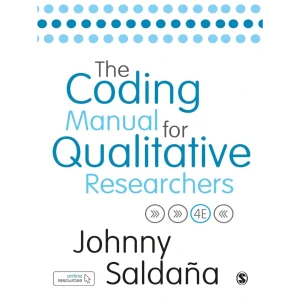

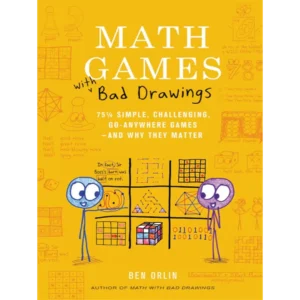
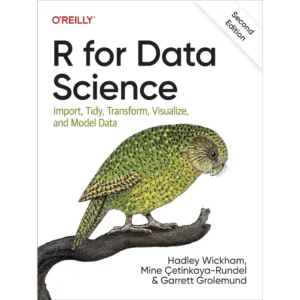
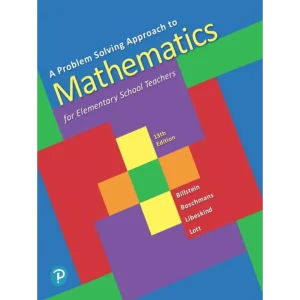
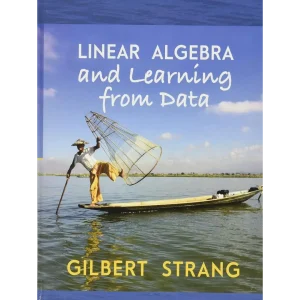
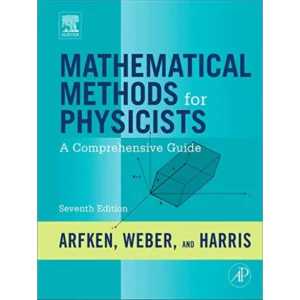
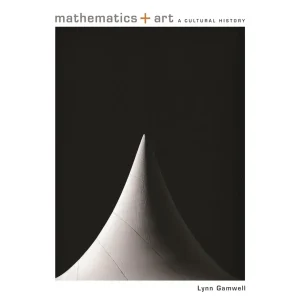
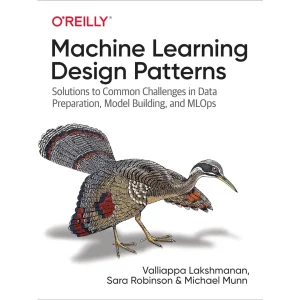
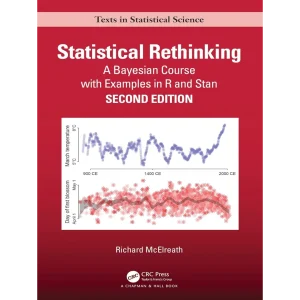
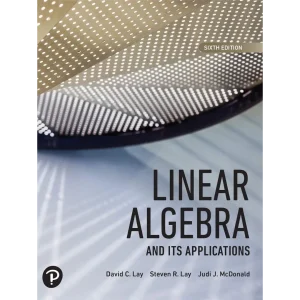
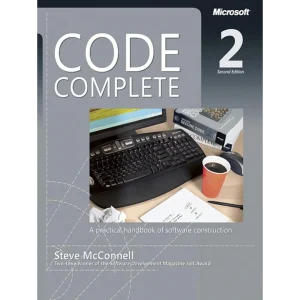
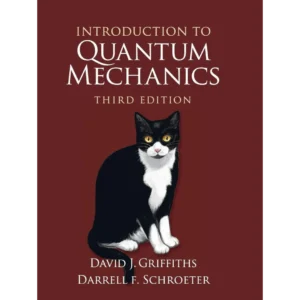
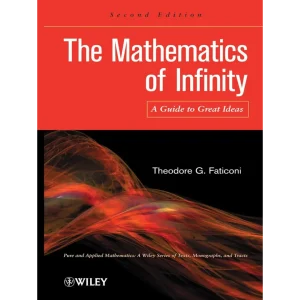
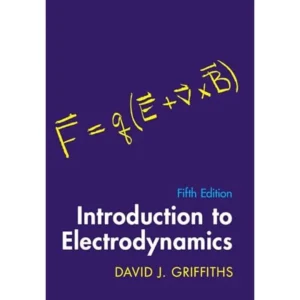
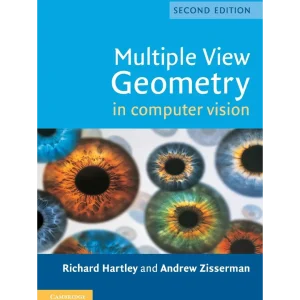
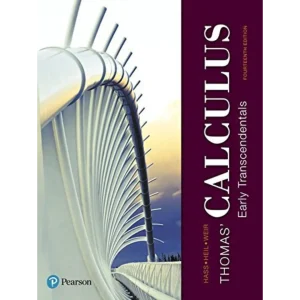
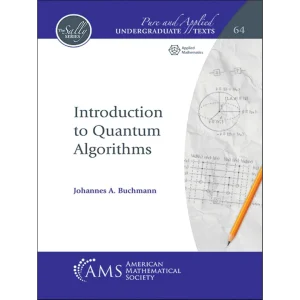
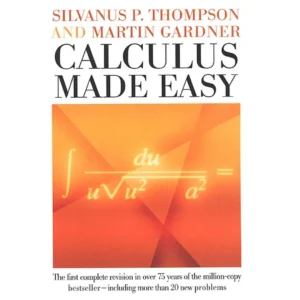
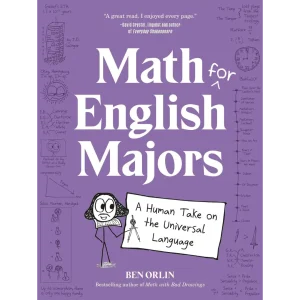
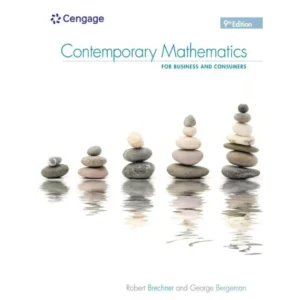
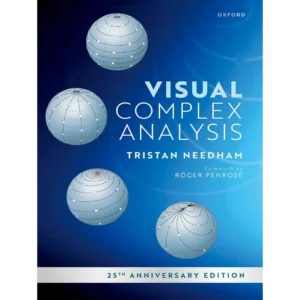
Porter Adams –
It isn’t often I get chills while reading a book. This book is inspiring, empowering, and eye-opening.
A quote I love from the first chapter: “Not tapping everyone’s potential is a loss for all of us and will limit he ability of future generations to solve the problems they will face”. Su views mathematical thinking as an essential component of becoming our best selves.
I love this book and thank Francis Su for sharing his vision of a more inclusive flourishing world.
NancyPDoyle –
What a great subject for a book. Written with care and conviction, and with fun math puzzles to boot, this accessible discussion on how beautifully math can reflect the beauty of human kind is inspiring. I got a couple as gifts for people who teach in math.
Travis –
This book was awesome, everyone needs to read this. It had so many profound and powerful ideas to enhance humans around the world. I could not put it down. I feel like a better person for reading this.
ASLIM USA –
Awesome book 🙂
Please read if you real want to learn about what actually mathematics is and what it can do for ALL of us.
P. Wung –
There are moments in one’s reading life where one come across an unexpected book which gives one pleasure in absorbing the text and revelation in ruminating about the message. This was my feeling after I finished Mathematics for Human Flourishing by Frances Su.
This is a book that I discovered when I saw Thomas Lin, the editor of Quanta Magazine touting it on Twitter. Being curious and being as that the author gave me a code which gave me 25% off on the purchase of the book, I jumped at the chance.
It was one the best chance that I have ever taken.
Professor Su is a mathematician at Harvey Mudd College in California. He was also the President of the mathematical Association of America; this book came out of an address that he made in 2014 as the president of MAA. I have not read the address, but I have read the book and the book is an amazing amalgam of intellectual wonderings about life and what humans hold to be noble and mathematics of course. The author asks question, many questions. Illuminating questions that is much beyond quick and facile answers. He also lays himself out honestly and courageously, sharing with the readers his quest to becoming a mathematician, on his insecurities about growing up Asian in the United States, his feelings about being in an over achieving family culture, and working in an art form that America does not appreciate or value. He also introduces his friend Christopher Jackson, an inmate in the penal law system of Georgia. Chris had committed a crime when he was very young, aged 19, and he’s has been in the penal system for what he had done. While he was in prison he also started to dabble in mathematics, soon discovering that he a passion for mathematics and also that he was adept at mathematics, enough to be a researcher, per Prof. Su’s estimation. Prof. Su shared some of his correspondence with Chris Jackson. The correspondences were about math, but also about many things beyond math, which helped illustrate the main thesis of the exposition.
Prof. Su chose thirteen concepts, words, and ideas to delineate his feelings about mathematics. He uses them to dive deeply into the ideas that mathematics enhances and improves, he uses these concepts to expound on what it means for him to be doing mathematics. The structure of the book is completely non-traditional, and it is breathtaking in its scope.
The central tenet of the book of course is laid out in the title: Mathematics for Human Flourishing. The author’s thesis is that mathematics is the path towards making humans flourish in their reality, to give us humans a path towards reaching realms that are beyond our initially meager imaginations, that doing math is not just a task or chore or a talent but a necessary spiritual practice to advance our society, to feed our naturally fecund imaginations, to sate our very human yearning for meaning in this life and in this world.
This thesis a giant leap for those who are math phobic, but it is a heroic declaration for those who are passionate about mathematics. Professor Su does yeoman’s work in using those concepts to illuminate his thesis: flourishing, exploration, meaning, play, beauty, permanence, truth, struggle, power, justice, freedom, community, and love to flesh out his argument that not only is mathematics a practical and beautiful practice, but it is also a critical necessity for human thriving in our internal lives. The doing of mathematics makes us better people, it makes us kinder, more patient, more cognizant of the world around us, it makes us more curious, it makes us learn that our world is more than just what we see in front of us.
Ever the detailed technician, Prof. Su carefully lists the virtues that comes through each of the concepts he chose to highlight in each chapter. He assiduously frames his chapters to clearly illustrate each of the virtues and connects them to each of the words he used to name the chapters. He also lists them all at the end of the book, to make sure the readers understood his point.
The completeness of his authorly duties does not end there, he provides discussion questions at the end, as well as hints and solutions to the puzzles he provides at the end of his chapters. He was very complete in pursuing his mission.
Unlike many of the books regarding mathematics, this one goes into the reasons why mathematicians become mathematicians, more importantly, the book amply demonstrates the point that mathematics is not only a magnificent art to pursue, it is also one that is desirable one to pursuit. This book is enlightening, inspirational, and gives hope to everyone who is willing to read it.
Collins –
This is a rich and accessible book that articulates the many virtues developed through the study and practice of mathematics that both grow us as people and equip us (along with the mathematical skills themselves) to be a force for good in the world. We often think of the development of math skills and the mastery of mathematical concepts from the vantage point of what they will allow us to achieve without much reflection on the beauty of math itself or its power to both broaden our minds and contribute to human flourishing in unique ways. Dr. Su calls for something more than a one-dimensional view of math that most of us have used (and burned out on at one time or another) without producing or engaging in anything truly meaningful or useful. The book caused me to recall that four of the classic seven liberal arts were connected to mathematics and to reflect on how and when we lost an appreciation for the role of mathematics in freeing us to understand and pursue what is good, true, and beautiful. Seeing the connection between mathematical pursuits on the one hand, and virtue development and human flourishing on the other, frankly makes math far more appealing as an exercise or discipline. Thank you Dr. Su for your book. This should be required reading at classical or liberal arts schools and I recommend it to anyone who is searching for a greater meaning in their own mathematical endeavors.
W. Evans –
It’s been too long since I’ve done mathematics for fun. Reading this book reminded me of why I fell in love with math as a child, and inspired me to continue teaching math to my kid, not as dry material to be mastered, but as a subject to be explored through imagination and play. Loved this book!
Andrew Walter –
Yes, this book is based on math but it really allows people to see how thinking can help humans to flourish. It is a book that is hard to stop reading and should be added to everyone’s summer reading list.
Joanne –
This books gives new ideas to use – if you teach mathematics, you will get ideas how to bring math to life for non-math people, and if your are a non-math person, you can see how math exists in your life.
G. Waddell –
This book is a joy to read, and it is changing my approach to math instruction. Math can be a place of joy, play, and adventure, and Francis Su is a person to guide you on that journey.
Jordan Simon –
I am on Chapter 3, and will update subsequently, but I already feel like this is a book for every math teachers shelf.
A fantastic balance of inspiration, intrigue, compassion, and curiosity.
Everyone is trying to find their path and Francis shows that mathematical reasoning and exploration can be a tool to actualize our truest flourishing and virtue along that path.
I can’t wait to share this book with all of my students, friends, family, and colleagues.
ccardonaz –
The book goes above Math concepts and its applications. This is simply an encouraging piece of art, connecting dots of our natural way of functioning and how re-connecting with these roots is essential. The author establishes a mathematical approach to almost every experience from an individual connecting these with society as a whole. This is the absolute best content I have read in years due to it’s simplicity, ingenuity, value, and methodology; resulting encouraging and definitely bringing up human lifting results. Dr. Sue approaches Life in its very basic values, with full tools equipment possibilities for equally everyone. Professors like these are very much needed in this era. This piece of work is remarkably valuable and cam be applied virtually in every aspect of our lives. Pr. Sue objectives are fully majestically well achieved by un-complicating the now complicated human attitudes that run in auto-pilot as a result of social disconnection and cultural bias. Each government and country should establish this book which is a piece of genuine Art, as an essential read in last year high school and early college days. It brings so much value to the reader that no one will approach life the same after going through it. This is a Soul touching effort from a humble amazing human being that had the courage to openly recognize how he has committed mistakes and the processes he went through to overcome these and turn into a flourished human using the unlimited tools and resources of mathematics.
Jinghuan Liu Tervalon –
I never thought I would be moved to tears reading a math book!
Dr. Francis Su has written this profoundly intriguing and beautiful tribute to math, intertwined with personal stories and his friendship with Christopher Jackson, an inmate in Kentucky. I picked up the book at the recommendation of a dear friend, who is a math teacher, and finished reading it with not only more love for the mathematical way of thinking and life, but also self-discovery and a stronger sense of obligation that our society needs more curious minds and deeper love for math.
Who would’ve known math could be so joyful?
Grateful for this transformative book.
Jim Davis –
As a professional mathematician, I was intrigued to see what Francis Su could say to a general audience. I was blown away by the thoughtful and insightful job he did. My family read it and discussed it recently: included in the discussion were an actress, a psychologist, a data analyst, a real estate agent, and a minister. All got a lot out of it, and our discussion was fascinating because each person shared some way that they were going to think of their own vocation differently because of the book.
Perhaps the most remarkable feature of the book is the letter writing between the author and a prisoner. I don’t think Su could have had a better object lesson the Chris (the prisoner). Remarkably, each letter seemed to summarize the point that Su wanted to make, and the letters were written before the book came into existence. The book would be well worth reading even if it was just the letters.
Anyone who wants to gain a broad sense of what mathematics is all about, or more importantly, anyone who wants to understand how to flourish in life: read this book!
K. Johnson –
I read this book on the recommendation of an acquaintance and it was kind of a different book than I have read before. This quote from page 10 summarizes the book’s main theme, “Mathematics helps people flourish. Mathematics is for human flourishing.” What is human flourishing, you may ask. Here’s a quote from the chapter titled “Truth” on page 103, “Truth is a mark of human flourishing. A flourishing society values truth, while oppressive societies suppress it.” The author continues on page 188, “None of us can flourish without a supportive community.”
Each chapter in the book explores important concepts and how he sees math contributing to these areas and thus, benefiting humanity. He extends his hope to expand human flourishing through improvements in teaching math as well. From pages 207-208, “Too often, those of us who teach math professionally say, “My job is to teach math,” as if teaching math were only about teaching facts and procedures. We forget that “my job is to teach people” whose experiences often intersect with mathematics in completely different ways than our own experiences do. And that means education has to take into account the whole person…”
In addition to each topical chapter, there is an ongoing conversation between the author and an inmate, Chris, who has been studying math from prison. Over time they develop a friendship and excerpts from their correspondence are included in each chapter to illustrate how mathematics is helping Christ to flourish despite his situation. There is also a math puzzle or two in each chapter to challenge the reader to be a math explorer.
I would recommend this book to those who wonder why schools should teach more advanced math courses and encourage everyone to look for the math behind technology, medicine, communication, and everything which leads to human flourishing.
placevalue –
Once I decide to skip the math puzzles (and save them for a second read), this book becomes much more of a page-turner. In my humble opinion, this book is more about humanity and the place of math in nurturing our humanity (than about math itself). The author wrote beautifully on chapters “meaning”, “truth”, and “love”. It’s deeply touching and really does change your way of thinking upon finishing the book. My only quibble is the missing chapter on “humor” (as it’s such a fundamental aspect of humanity!). I would also recommend “Playing with Infinity” by Rozsa Peters for readers with a particular affinity for the “play” chapter of this book.
T.J. –
The book includes correspondence (letters) between the author and Christopher Jackson, a prisoner who has been learning mathematics on his own while serving time (even now). The author, a Harvey Mudd College professor, shares his own mathematical journey, from growing up in rural Texas to almost quitting while in graduate school at Harvard. The essential theme of the book is the link between mathematics and what it means to be a human.
The message of the book is this: the “proper practice of mathematics cultivates virtues that help people flourish” (p. 10). Su disputes the misconception that mathematics is just a tool; rather, he powerfully demonstrates that it is for human flourishing, just like music and art are, nurturing virtues. He writes, “The skills society needs from math may change, but the virtues needed from math will not” (p. 11). He heavily criticizes both the outdated math curricula and pedagogy.
He describes “math explorers,” which could, in his opinion, be all humans. He stresses creativity, imagination, abstraction (p. 43), fun, joy, beauty, struggle, and reflection. These virtues then become the outline of the entire book. Chapters have titles like “permanence,” “truth,” “justice,” and “freedom.”
He also has a plenty of personal stories, including how he discovered he was adopted, his recent marriage, growing up as a Chinese American in Texas, being the first person of color to lead the MAA (the title “Finally, An Asian Guy Who’s Good at Math” is hilarious, p. 154).
A photo of Francis Su and Christopher Jackson, taken in prison (p. 221), is also inspirational.
Throughout the book, there are very interesting math questions and puzzles that encourage critical thinking. My favorites include ants on a log, 100 lightbulbs, and 5 points on the sphere.
Ren Shuzhe –
Quite a nice book !!! Even though I love math, I have neve thought deeply about the reasons. This book also contains a lot of interesting questions for you to ponder!
Falcon Lirica –
It’s highly accessible, and a total joy for someone who already loves math. It gives you reasons for loving math the way you do. However, I don’t see it persuading anyone who doesn’t already get captivated by problem-solving.
Brian Stratton –
Thoroughly enjoyed this thought provoking and inspiring read
Enoch Nartey –
This book is very relatable in context. I am a very good student at Mathematics but after reading this book it has opened up a whole different aspect of looking at math problems and especially when my kids bring their math problems to me looking for help. My entire approach at explaining math concepts to my kids has changed and I can see that my kids are more engaged when I explain mathematical concepts to them now. I wished I had later my hands on this book earlier; however, I am grateful I did get to read it and I will suggest it to all who have kids in school that come to them for help with their homework and other assignments.
spock –
This volume makes the pursuit of mathematics an elegant enterprise for all human beings. Dr. Su’s brilliant insights demonstrate the beauty, gentleness, and attractiveness of real mathematical inquiry, thereby making the disciplined, focused tenacity needed to imbibe math much more fun or delicious! Poignant case studies or examples are given to illustrate how anyone can benefit from mathematics. If only our nation and the world had mathematicians as gracious, thoughtful, kind, and committed as Dr. Su. With this book, he is starting an intergenerational, inclusive, and diverse revolution to unlock the potential genius behind the scourge or mythologies of math phobias.
AO –
Excellent read for anyone and everyone, especially for math educators and people who do not see themselves as math people.
Joy Sebesta –
If completely agree with this. As a math professor I aspire to the goals set forth in the book.
Bill Harvey –
1. Mathematics as a vehicle for human connection: Su emphasizes the importance of engaging with mathematics not just as a solitary pursuit but as a means to connect with others, fostering empathy and collaboration.
2. The intrinsic value of mathematics: Su argues that mathematics possesses inherent beauty and worth, independent of its utilitarian applications. He encourages readers to appreciate and explore math for its own sake.
3. Mathematics as a way of thinking: The book highlights the value of mathematical thinking, which involves problem-solving, critical reasoning, and pattern recognition. Su contends that cultivating this mindset is essential for personal growth and flourishing.
4. The role of struggle and perseverance: Su explores the notion that struggle and perseverance are integral to learning and understanding mathematics. Embracing challenges and persisting through difficulties can lead to profound insights and personal development.
5. Mathematics and the cultivation of virtues: The author argues that mathematics can help nurture virtues such as curiosity, patience, humility, and integrity. By engaging with mathematical concepts and grappling with their complexities, individuals can develop these qualities.
6. Ethical implications of mathematics: Su explores how ethical considerations intersect with mathematical practice. He discusses issues such as fairness, equity, and justice in mathematical decision-making and highlights the responsibility mathematicians have in using their skills for the betterment of society.
7. Mathematics and interdisciplinary connections: The book delves into the interdisciplinary nature of mathematics, showing how it connects with other fields such as art, music, literature, philosophy, and science. Su explores how these intersections enhance our understanding and appreciation of both mathematics and the related disciplines.
8. Mathematical education and inclusivity: Su discusses the need for more inclusive and accessible mathematical education, aiming to remove barriers and provide opportunities for individuals from diverse backgrounds. He emphasizes the importance of creating inclusive spaces where all learners can thrive.
9. The role of mathematics in our daily lives: The author explores how mathematics permeates various aspects of our everyday experiences, from practical applications to conceptual frameworks. Su encourages readers to recognize and appreciate the mathematical underpinnings of the world around us.
10. Mathematics and flourishing societies: Su concludes the book by discussing how a society that values and supports mathematical thinking can flourish. He emphasizes the potential of mathematics to promote collective well-being and highlights the importance of democratizing access to mathematical knowledge.
puhlig3.14 –
Francis Su presents a wonderful case for the fullness of mathematics as a humanizing endeavor. Su lifts our gaze from math’s projection into the classroom and helps us see it more fully along the dimensions of Great Ideas (and others) like: truth, beauty, goodness, freedom, and justice. In an age when mathematics has been reduced to just another piece of a curriculum delivering knowledge and skills, Su reminds us that mathematics is so much more.